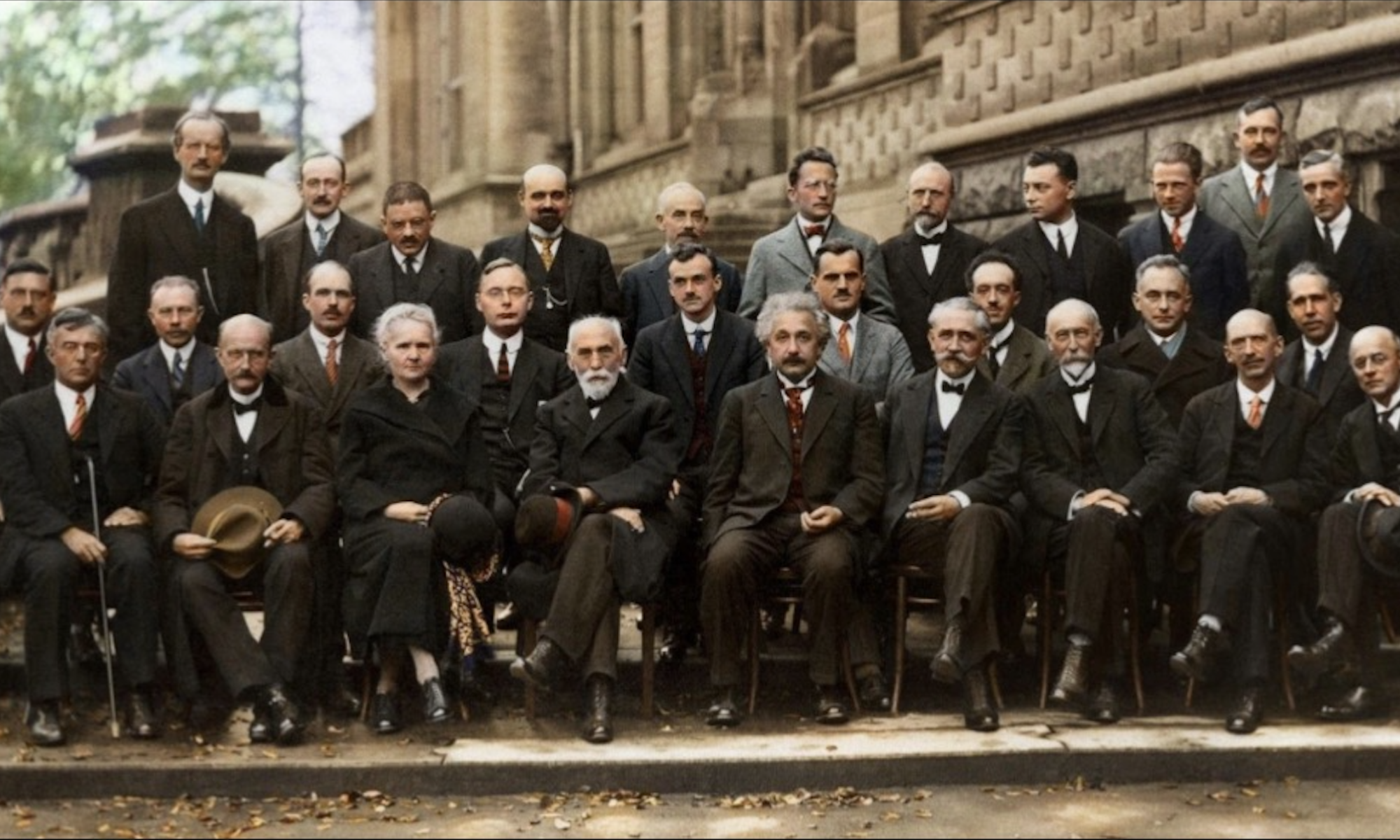This is solution for CentOS 6.x and 7.x:
yum install epel-release
then install Remi repo, for Centos 6.x:
rpm -Uvh http://rpms.remirepo.net/enterprise/remi-release-6.rpm
and for Centos 7.x:
rpm -Uvh http://rpms.remirepo.net/enterprise/remi-release-7.rpm
or for webstatic rpm -Uvh https://mirror.webtatic.com/yum/el7/webtatic-release.rpm
check which PHP packages installed:
yum list installed php*
remove current PHP:
yum remove php*
install same packages as were installed for 7.0 using PHP 7.2, for example:
yum install --enablerepo=remi-php72 php php-mcrypt php-cli php-gd php-curl php-mysql php-ldap php-zip php-fileinfo
or for webstatic
yum install php72w php72w-cli php72w-common php72w-gd php72w-intl php72w-mbstring php72w-mcrypt php72w-mysql php72w-pdo php72w-pear php72w-process php72w-xml
check version of PHP installed:
php -v
You don’t need to PHP 7.0 and 7.2 coexist on Your server. If You got a problem using PHP 7.2 You can always reinstall older PHP 7.0. If not sure it will work for You on production server, try it on virtual machine first. But it worked for me on many production servers. PHP is not critical OS component, so server will never fail if PHP changed. It’s just Your web app which may fail when change to 7.2, but as I wrote it’s unlikely and You may reinstall older version if it happens.
I forgot about php.ini. If You want to keep Your php.ini customizations in another PHP version, make a copy of php.ini before running yum remove php*. After PHP reinstall diff saved_php.ini php.ini and look what is need to be merged.
